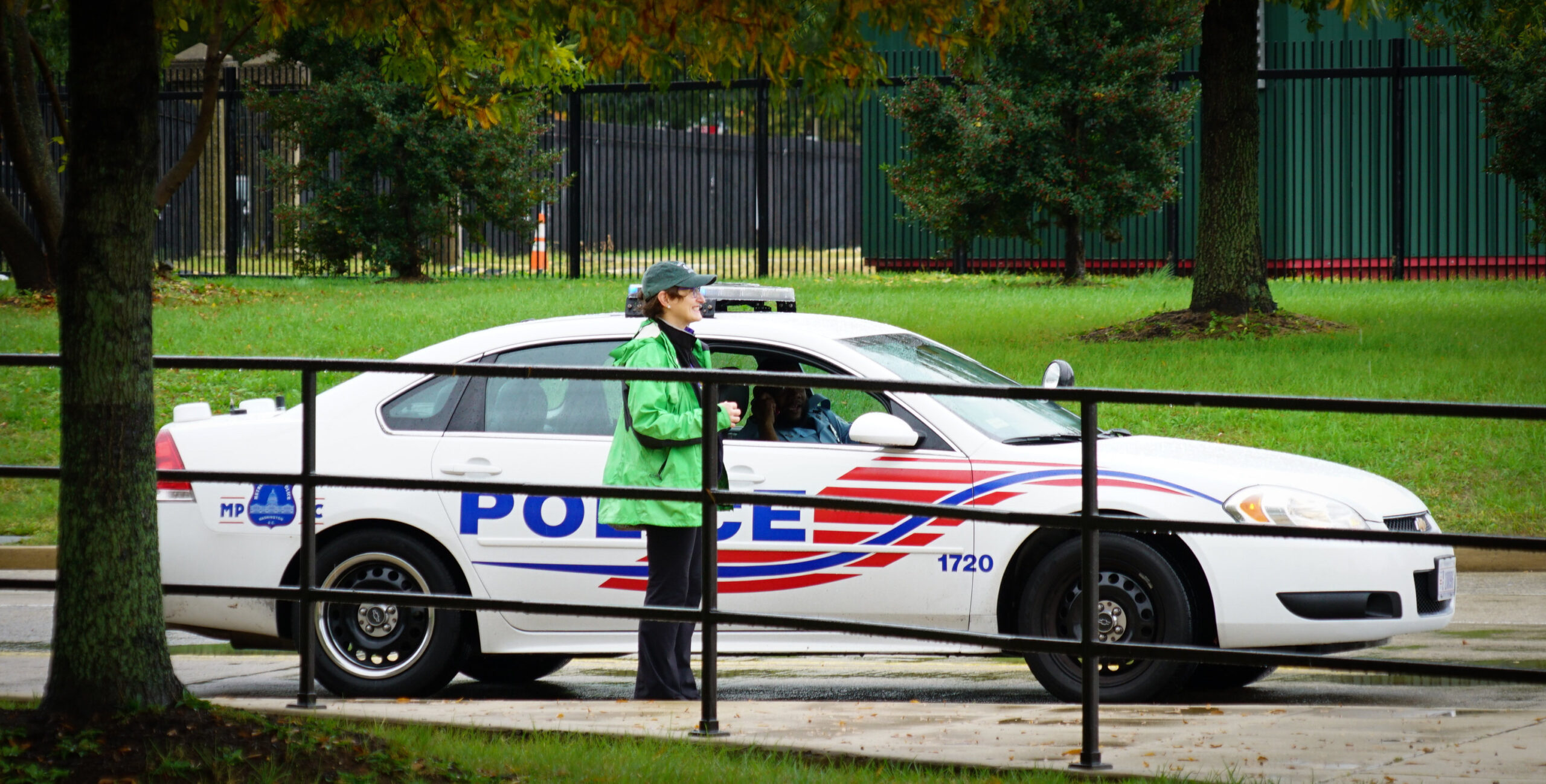On August 7, 2023 the D.C. Policy Center’s article, Predominately black neighborhoods in D.C. bear the brunt of automated traffic enforcement, was cited by Human Rights Watch:
As such, implementation of AB 645 risks the same results as those found in Chicago, where between 2015 and 2019, speed cameras ticketed households in majority Black and Latinx ZIP codes at two times the rate of majority white ZIP codes. [11] Similarly, in the District of Columbia, where photo enforcement accounts for 96 percent of citations and 97 percent of fines, drivers in Black-segregated areas were over seventeen times more likely to receive a moving violation than drivers in white-segregated areas. [12] This reflects a clear trend amongst automated enforcement mechanisms – they are routinely found to disproportionately target and ticket drivers in BIPOC neighborhoods.
